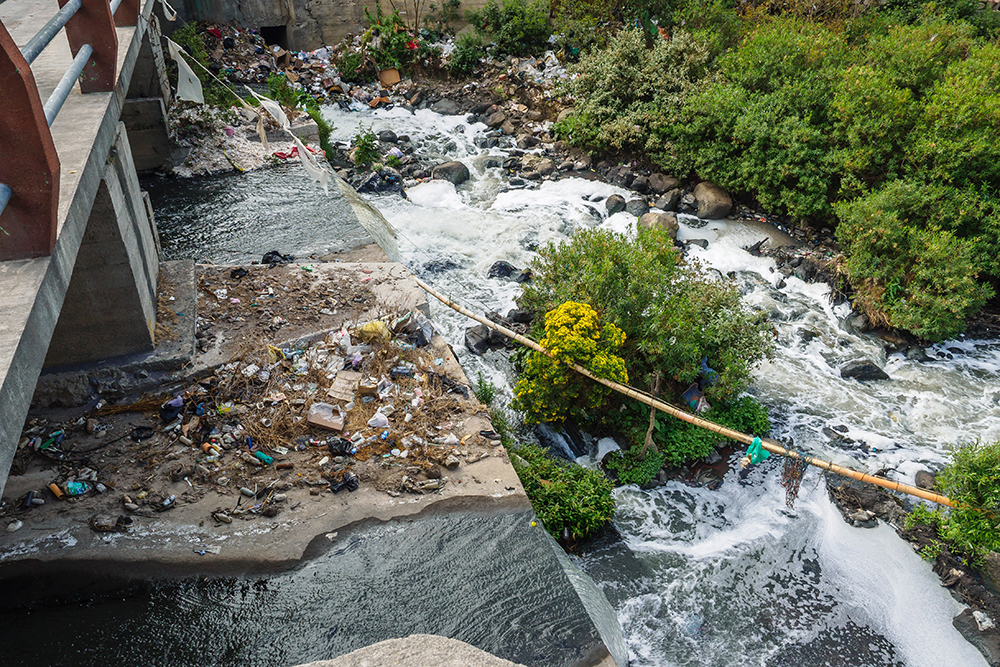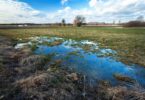The Yamaha Rightwaters plastics recycling program returned more than 10,000 pounds of Polyethylene and Polypropylene sheet plastics back to base materials during 2021, proving a pilot concept the sustainability initiative hopes to expand in 2022. Yamaha Rightwaters announced the program in August and continues to work with Nexus® of Atlanta, Georgia and Tommy Nobis Enterprises® of Marietta, Georgia, to develop a larger national program intended to reduce plastic waste in America’s waterways.
Yamaha U.S. Marine Business Unit’s Government Relations Division Manager, Martin Peters said: “Polyethylene and Polypropylene constitute a substantial portion of the plastic in our oceans harming fish populations. This pilot program proves these plastics can be broken down in a cost-effective manner that Yamaha Rightwaters can potentially replicate on a national level. It also demonstrates that Yamaha builder and dealer partners are willing to become active participants in the program, further underscoring a marine industry commitment to conservation and sustainability.”
Yamaha developed a reverse logistics program to return the protective covers from select boat builders, retail dealers and its three boat production facilities.
The materials ship to Tommy Nobis Enterprises, which separates recyclable plastics from other materials, such as plastic zippers, cords and eyelets. Tommy Nobis Enterprises then ships the material – known as feedstock in the recycling industry – to Nexus® for processing into raw materials, which range from gasses to waxes. Those raw materials are used for other products.
Yamaha Rightwaters is a national sustainability program that encompasses all of Yamaha Marine’s conservation and water quality efforts. Program initiatives include habitat restoration, support for scientific research, mitigation of invasive species, the reduction of marine debris and environmental stewardship education. Yamaha Rightwaters reinforces Yamaha’s long-standing history of natural resource conservation, support of sustainable recreational fishing and water resources and Angler Code of Ethics, which requires pro anglers to adhere to principles of stewardship for all marine resources.
Do you have an article or video that you would like to contribute? Submit your contribution here or keep up with the latest news from the water industry and wastewater industry by subscribing to our weekly newsletter







